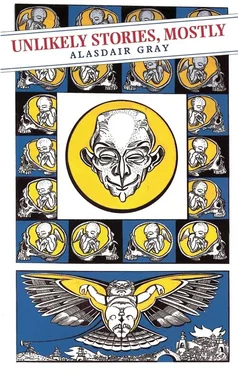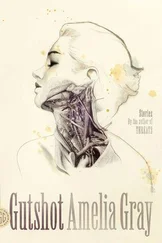The emperor closed his eyes and seemed to doze. The politicians whispered to each other. Suddenly he cried out in a great voice, “Do not call it a tower! Towers are notorious for falling down. Tell the fools you are building a connection between two absolutely dependable things. Call it an axletree.” Then he giggled faintly and said, “I suppose one day the world will be governed by people whose feet never touch the ground. I wonder what will happen if there is a sky, and they reach it … I wonder what the child will look like.”
The emperor died, and his tomb was built in the centre of the capital city, and enlarged to enclose everything he had wanted. For two thousand years this construction gave employment to mankind and a purpose to history. But there was a sky, We reached it. Everyone knows what happened after that.
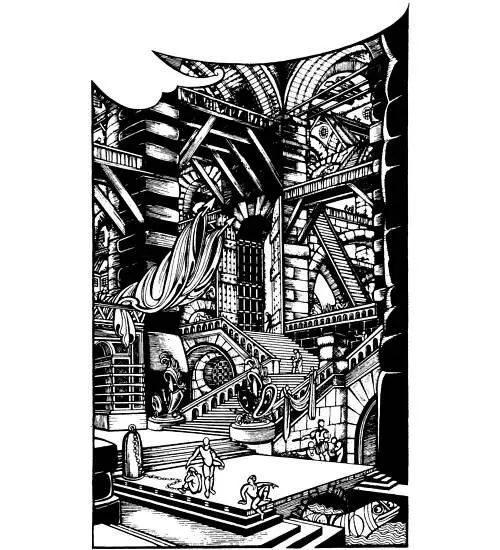

DISCRIBING ETIQUETTE GOVERNMENT IRRIGATION EDUCATION CLOGS KITES RUMOUR POETRY JUSTUCE MASSAGE TOWN-PLANNING SEX AND VENTRILOQUISM IN AN OBSOLETE NATION
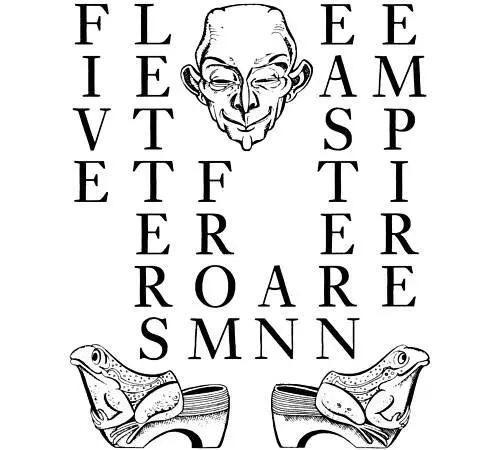
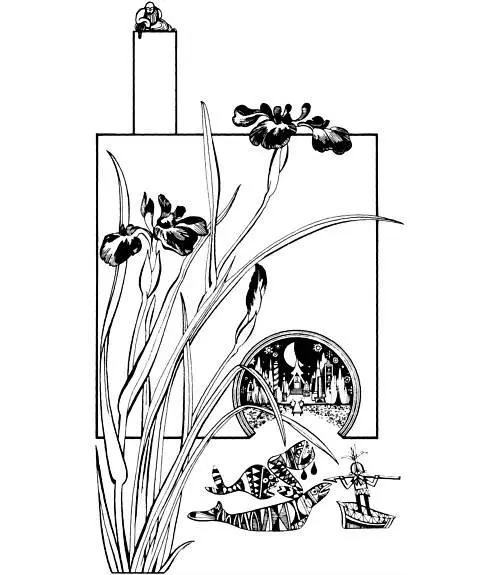
FIRST LETTER
DEAR MOTHER, DEAR FATHER, I like the new palace. It is all squares like a chessboard. The red squares are buildings, the white squares are gardens. In the middle of each building is a courtyard, in the middle of each garden is a pavilion. Soldiers, nurses, postmen, janitors and others of the servant-class live and work in the buildings. Members of the honoured-guest-class have a pavilion. My pavilion is small but beautiful, in the garden of evergreens. I don’t know how many squares make up the palace but certainly more than a chessboard has. You heard the rumour that some villages and a small famous city were demolished to clear space for the foundation. The rumour was authorized by the immortal emperor yet I thought it exaggerated. I now think it too timid. We were ten days sailing upstream from the old capital, where I hope you are still happy. The days were clear and cool, no dust, no mist. Sitting on deck we could see the watchtowers of villages five or six miles away and when we stood up at nightfall we saw, in the sunset, the sparkle of the heliograph above cities, on the far side of the horizon. But after six days there was no sign of any buildings at all, just ricefields with here and there the tent of a waterworks inspector. If all this empty land feeds the new palace then several cities have been cleared from it. Maybe the inhabitants are inside the walls with me, going out a few days each year to plant and harvest, and working between times as gardeners of the servant-class.
You would have admired the company I kept aboard the barge. We were all members of the honoured-guest-class: accountants, poets and headmasters, many many headmasters. We were very jolly together and said many things we would not be able to say in the new palace under the new etiquette. I asked the headmaster of literature, “Why are there so many headmasters and so few poets? Is it easier for you to train your own kind than ours?” He said, “No. The emperor needs all the headmasters he can get. If a quarter of his people were headmasters he would be perfectly happy. But more than two poets would tear his kingdom apart.”
I led the loud laughter which rewarded this deeply witty remark and my poor, glum little enemy and colleague Tohu had to go away and sulk. His sullen glances amuse me all the time. Tohu has been educated to envy and fear everyone, especially me, while I have been educated to feel serenely superior to everyone, especially him. Nobody knows this better than the headmaster of literature who taught us both. This does not mean he wants me to write better than Tohu, it shows he wants me to write with high feelings and Tohu with low ones. Neither of us have written yet but I expect I will be the best. I hope the emperor soon orders me to celebrate something grand and that I provide exactly what is needed. Then you will both be able to love me as much as you would like to do.
This morning as we breakfasted in the hold of the barge Tohu came down into it with so white a face that we all stared. He screamed, “The emperor has tricked us! We have gone downstream instead of up! We are coming to the great wall round the edge of the kingdom, not to a palace in the middle! We are being sent into exile among the barbarians!” We went on deck. He was wrong of course. The great wall has towers with loopholes every half mile, and it bends in places. The wall which lay along the horizon before us was perfectly flat and windowless and on neither side could we see an end of it. Nor could we see anything behind it but the high tapering tops of two post-office towers, one to the east, one to the west, with the white flecks of messenger pigeons whirling toward them and away from them at every point of the compass. The sight made us all very silent. I raised a finger, summoned my entourage and went downstairs to dress for disembarking. They took a long time lacing me into the ceremonial cape and clogs and afterwards they found it hard lifting me back up to the deck again. Since I was now the tallest man aboard I had to disembark first. I advanced to the prow and stood there, arms rigid by my sides, hands gripping the topknot of the doctor, who supported my left thigh, and the thick hair of Adoda, my masseuse, who warmly clasped my right. Behind me the secretary and chef each held back a corner of the cape so that everyone could see, higher than a common man’s head, the dark green kneebands of the emperor’s tragic poet. Without turning I knew that behind my entourage the headmasters were ranged, the first of them a whole head shorter than me, then the accountants, then, last and least, the emperor’s comic poet, poor Tohu. The soles of his ceremonial clogs are only ten inches thick and he has nearly no entourage at all. His doctor, masseuse, secretary and chef are all the same little nurse.
I had often pictured myself like this, tall upon the prow, the sublime tragedian arriving at the new palace. But I had imagined a huge wide-open gate or door, with policemen holding back crowds on each side, and maybe a balcony above with the emperor on it surrounded by the college of headmasters. But though the smooth wall was twice as high as most cliffs I could see no opening in it. Along the foot was a landing stage crowded with shipping. The river spread left and right along this in a wide moat, but the current of the stream seemed to come from under the stage. Among yelling dockers and heaped bales and barrels I saw a calm group of men with official gongs on their wrists, and the black clothes and scarlet kneebands of the janitors. They waited near an empty notch. The prow of our barge slid into this notch. Dockers bolted it there. I led the company ashore.
I recognized my janitor by the green shoes these people wear when guiding poets. He reminded us that the new etiquette was enforced within the palace walls and led us to a gate. The other passengers were led to other gates. I could now see hundreds of gates, all waist high and wide enough to roll a barrel through. My entourage helped me to my knees and I crawled in after the janitor. This was the worst part of the journey. We had to crawl a great distance, mostly uphill. Adoda and the doctor tried to help by alternately butting their heads against the soles of my clogs. The floor was carpeted with bristly stuff which pierced my kneebands and scratched the palms of my hands. After twenty minutes it was hard not to sob with pain and exhaustion, and when at last they helped me to my feet I sympathized with Tohu who swore aloud that he would never go through that wall again.
Читать дальше
